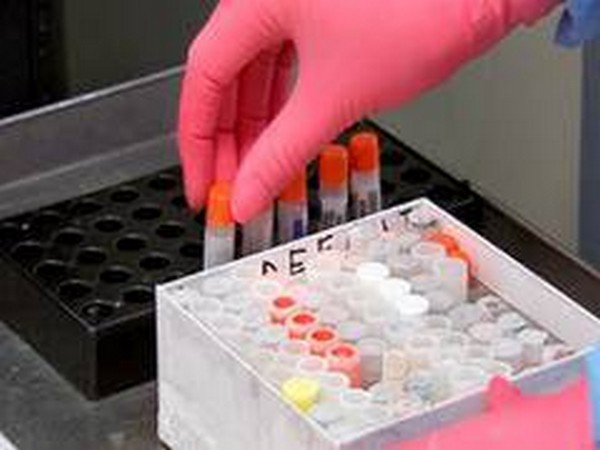SA Issues Alert on Bud Rot of Palms Detection: Measures to Contain Spread Intensify
The National Plant Protection Organisation of South Africa (NPPOZA) confirmed the presence of P. palmivora in August 2024.

- Country:
- South Africa
The Department of Agriculture, Land Reform and Rural Development (DALRRD) has raised alarms following the detection of Bud Rot of Palms, caused by the Phytophthora palmivora fungus, in parts of South Africa. The outbreak has affected orchards in Mopani District, Limpopo, and three commercial papaya orchards in Ehlanzeni District Municipality, Mpumalanga.
The National Plant Protection Organisation of South Africa (NPPOZA) confirmed the presence of P. palmivora in August 2024. This fungus primarily attacks palms and spreads through soil contaminated by infected roots.
DALRRD, in collaboration with stakeholders, has initiated a nationwide delimiting survey in accordance with the P. palmivora National Action Plan. The aim is to assess the extent of the outbreak. Measures have been introduced to limit the movement of host materials from infected regions to non-affected areas without proper authorization.
Phytosanitary Measures Enforced
To curb the spread, the following steps have been implemented under the Agricultural Pests Act, 1983 (Act No. 36 of 1983):
- Restricted Movement of Host Materials: Movement of infested palms, soil, and related materials is prohibited unless accompanied by a removal permit.
- Quarantine Enforcement: Infested areas are under strict monitoring to prevent further outbreaks.
Impact on Agriculture and Trade
The fungus poses a significant threat to hundreds of plant species, including horticultural, ornamental, and agricultural crops such as papaya, pineapple, citrus, black pepper, cocoa, and coconut.
The spread of P. palmivora to non-infested regions could negatively impact domestic and international trade, affecting export potential to countries where the pest is recognized as a quarantine concern.
Control Measures and Farmer Advisory
To manage the outbreak, DALRRD recommends:
- Cultural Control Practices: Proper field hygiene and disposal of infected plant materials.
- Chemical and Biological Management: Use of approved fungicides and resistant crop varieties.
- Regular Monitoring: Continuous inspection for symptoms and early detection.
- Avoid Unauthorized Movement: Farmers are urged to comply with restrictions on transferring host materials.
Call to Action for Farmers and Travelers
Farmers and communities are encouraged to adhere to control measures and avoid moving host materials from infested areas without proper permits. Additionally, international travelers are advised against the illegal importation of agricultural products, as these could introduce new pests and diseases into South Africa.
By prioritizing containment and engaging all stakeholders, DALRRD aims to protect South Africa’s agricultural sector from the long-term impacts of the P. palmivora outbreak.










